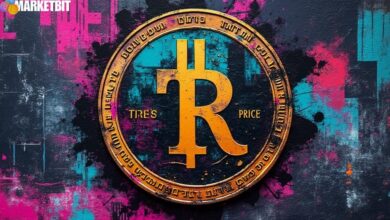Satirical Musical Featuring SBF Opens in San Francisco

- The musical addresses societal faith and institutional trust using comedy.
- Creators aim for social commentary, sparking audience discourse.
- No evidence links the show to cryptocurrency market movements.
Luigi Mangione’s satirical musical premiered at the Taylor Street Theater in San Francisco, featuring Sam Bankman-Fried as a character amid ongoing legal battles, directed by Nora Bradford.
The musical is gaining attention for its critique on institutional trust, yet it shows no impact on cryptocurrency markets or assets.
Luigi: The Musical debuted amid high anticipation in San Francisco, drawing significant attention for its satirical narrative. Directed by Nora Bradford, the show presents Luigi Mangione’s controversial story. Banking on humor, the creators push for audience introspection on institutional integrity.
“Luigi: The Musical uses comedy to bring deeper questions to the surface. Why did this case garner the reaction that it did? And what happens when people stop trusting their institutions?” — Nora Bradford, Director, “Luigi: The Musical”
Sam Bankman-Fried, sentenced to 25 years for fraud schemes, along with Luigi Mangione, is portrayed, sparking curiosity against the backdrop of current legal issues. The production’s ethos provokes thought on society’s faith in established systems.
Despite no tangible effects on crypto markets, the show thrives as a cultural commentary, resonating with the local tech audience. It follows a tradition of staging sensational stories without affecting financial landscapes.
The San Francisco arts community responded with intrigue, yet crypto influencers remained silent. On-chain data and governance tokens have shown no shift attributable to the musical. Social chatter revolves around the play’s ability to provoke discussion.
No major cryptocurrencies such as BTC or ETH were affected, reflecting historical trends where theatrical portrayals do not infiltrate financial markets. The depiction of these figures is projected to enhance public discourse, not market movements.




